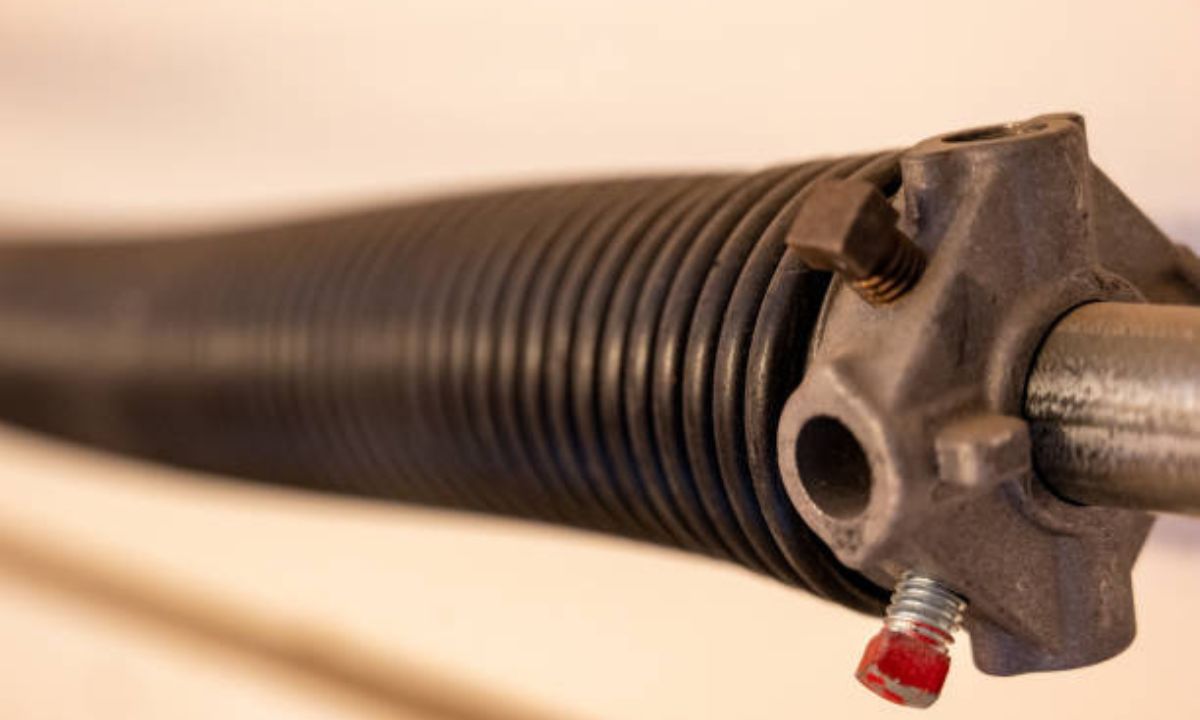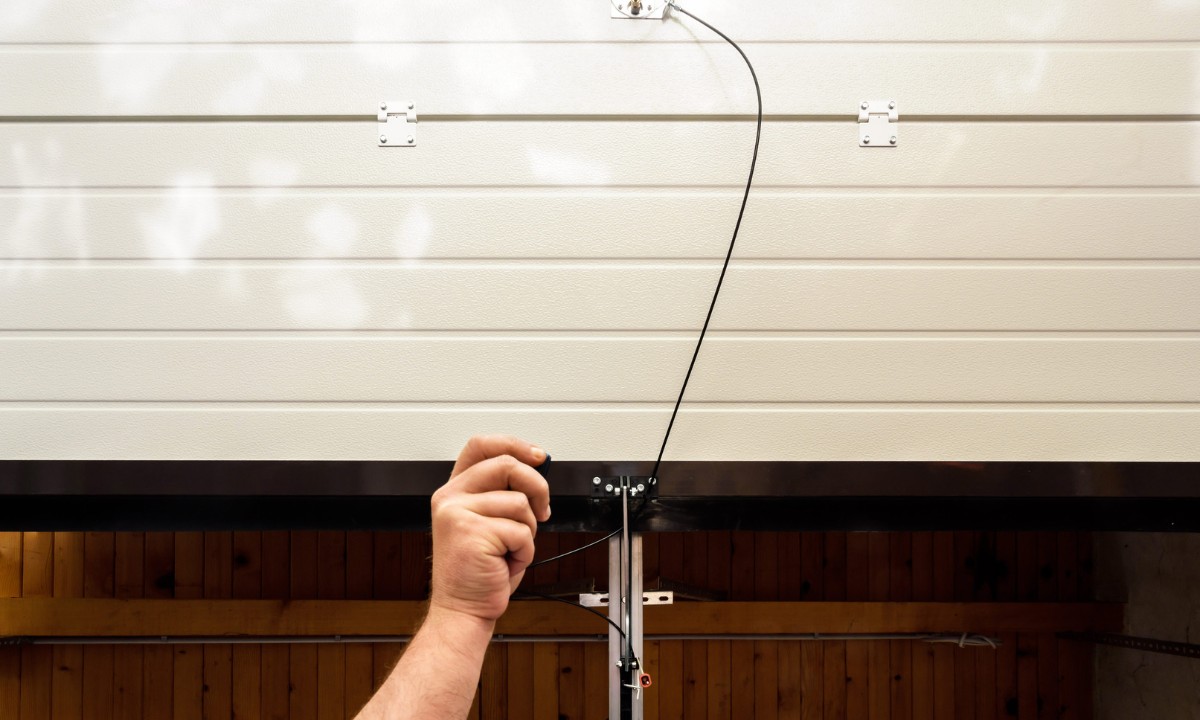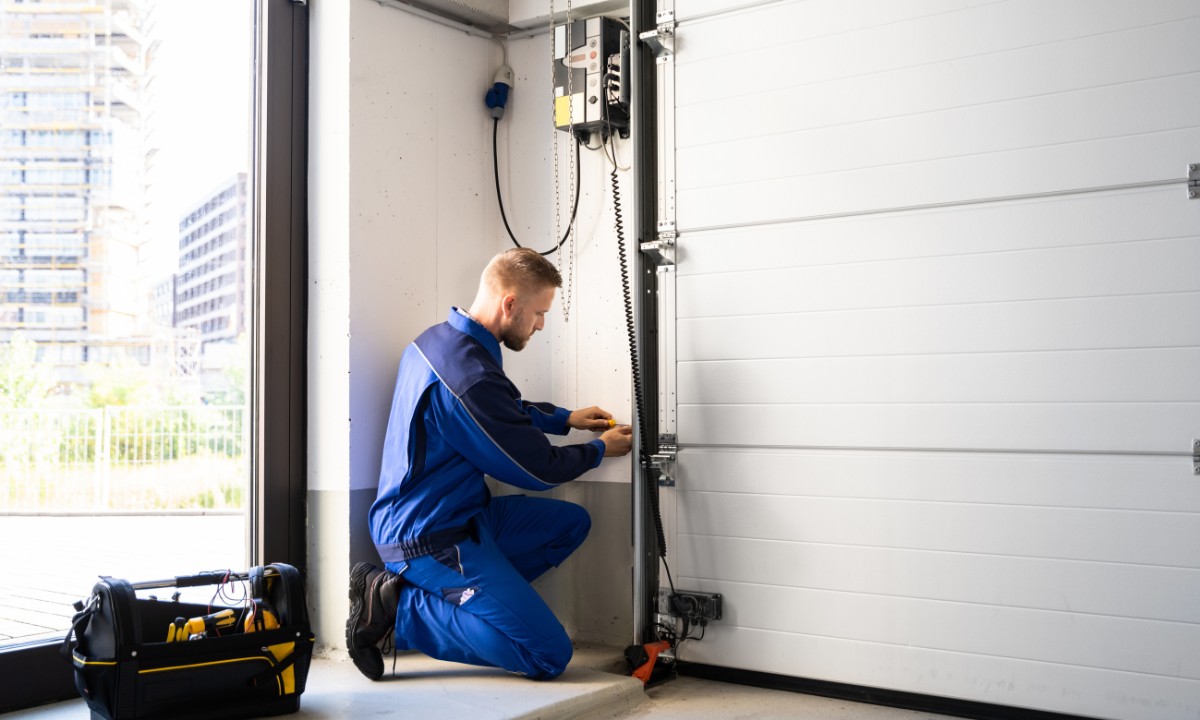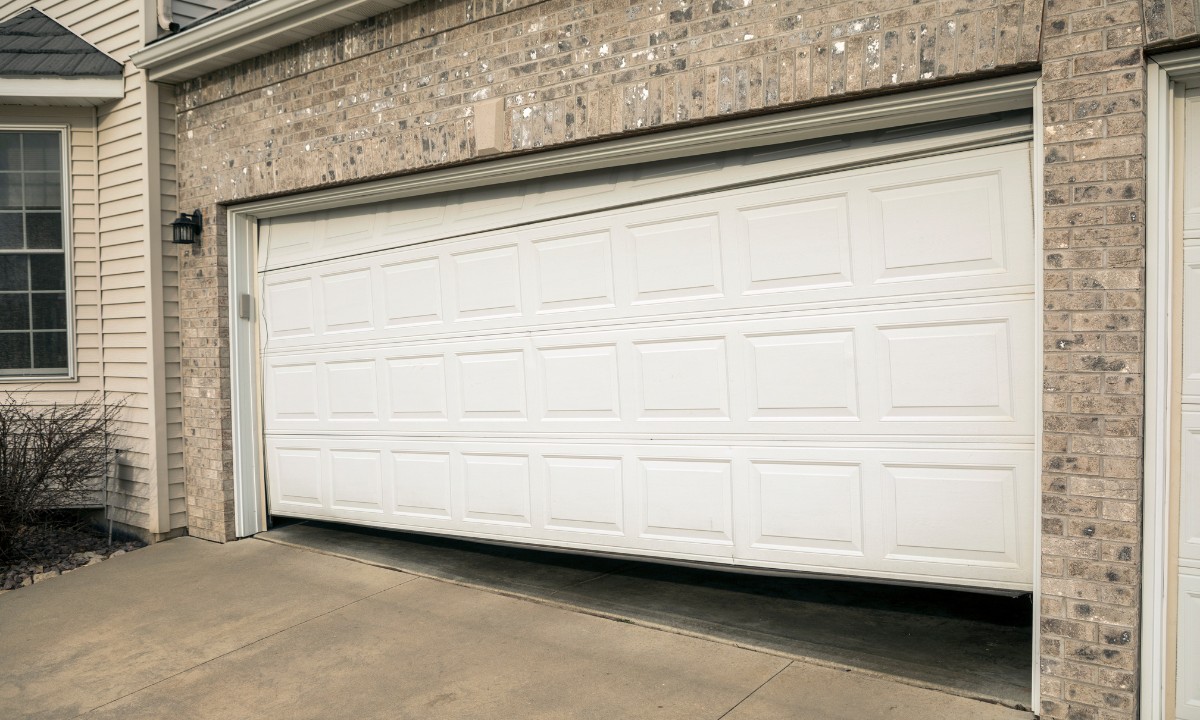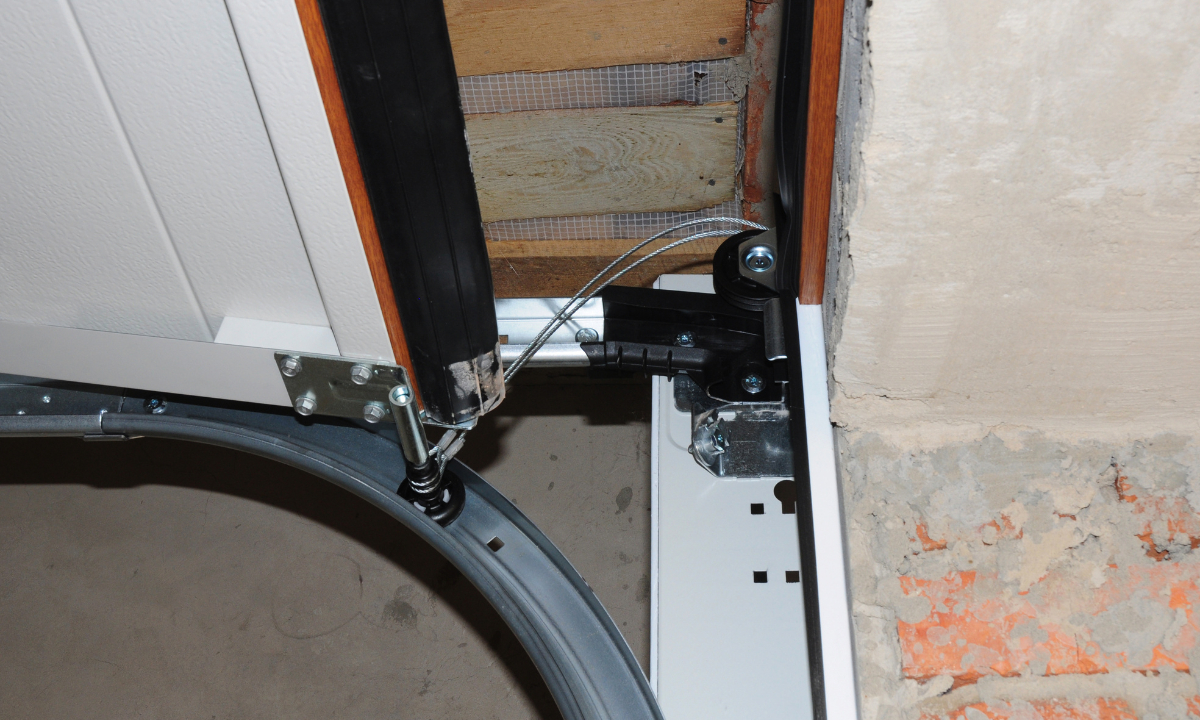Advice on How to Maintain Your Own Garage Door Springs
in Brighton, Tennessee
Overview
There are about 3,000 people living
in the little town of Brighton, Tennessee, which is located in Tipton County.
Brighton, which is well-known for its welcoming neighborhood and suburban
charm, has a range of climates, with hot, muggy summers and chilly, rainy
winters. Because of how these weather fluctuations might impact garage door
springs, homeowners must do routine maintenance.
Do-it-yourself Advice for Brighton,
Tennessee
Regular do-it-yourself garage door
spring maintenance in Brighton can save expensive repairs and prolong the
springs' lifespan for homeowners. Garage door springs are under a lot of
tension, therefore it's crucial to tackle these jobs carefully because they
could be harmful if not handled properly.
Different Spring Repair Types
Torsion springs and extension springs
are the two main categories of garage door springs.
The garage door is raised by the
torsion springs, which are situated above it and wind and unwind the door.
Although torsion springs are strong and usually last longer, they must be
handled carefully when undergoing maintenance.
Extension Springs
These provide balance when the garage
door closes by extending on either side of the door. Because of the stretching
movement they go through with every use, they are more prone to wear and tear.
Simple Do-It-Yourself Maintenance
Projects
Visual Inspection
Check the springs on a regular basis
for wear indicators like corrosion, cracks, or spaces between the coils. It is
essential to contact a professional for repairs or replacements if you discover
any damage.
Lubrication
Every three to six months, especially
in Brighton's humid climate, lubricate the springs with a silicone-based
product to lessen friction and stop rust. Grease and heavy oils should not be
used since they can draw dirt and debris.
Check for Balance
Disconnect the garage door opener and
manually raise the door halfway to check the balance of your door. If it
remains in position, the springs are balanced correctly. It could be necessary
to adjust the springs if it moves up or down.
Tighten Loose Hardware
Examine all the garage door system's
bolts and screws, particularly those that are attached to the springs. To make
sure the system runs properly, tighten any loose components.
Clean the Springs
Over time, dust and debris may gather
on the springs. To keep the springs free of filth, which can cause wear and
decrease their efficacy, gently clean them with a soft cloth.
Typical Problems
Although doing maintenance tasks
yourself might save money, homeowners should be aware of these typical
mistakes:
Overtightening
If the springs are overtightened,
they may break, which is potentially hazardous. Always adhere to the
manufacturer's instructions or seek advice from an expert if in doubt.
Using the Wrong Lubricant
Grease-based lubricants have the
potential to accelerate wear by causing dirt buildup. Remain with a
silicone-based spray made especially for garage doors.
Ignoring Regular Inspections
Ignoring routine inspections can
cause minor problems to grow into more significant, costly ones.
Typical Errors to Steer Clear of
Trying Major Repairs
Although simple upkeep can be done by
hand, replacing or repairing springs without the right equipment and expertise
can be very risky.
Ignoring Rust
Rust has a substantial weakening
effect on springs. If you see the beginnings of rust, take quick action by
properly cleaning and lubricating the area or thinking about replacing the
springs.
Ignoring Balance Checks
An unbalanced door might result in
uneven wear on the springs and other parts, which could cause them to break too
soon.
Replacement Springs
Garage door springs have a limited
lifespan and will eventually need to be replaced, even with routine
maintenance. To prevent unexpected failures, it's essential to know when to
replace the springs.
When to Make a Professional Contact
Visible Damage
It's time to get in touch with an
expert if you see any gaps in the springs, excessive rust, or cracks.
Unexpected breaks from damaged springs present a major safety risk.
Difficulty in Operation
The garage door may require new
springs if it gets difficult to open or shut or if it starts to produce strange
noises.
Age of the Springs
With proper use, garage door springs
typically last seven to nine years. Consider having a professional inspect your
springs if they are getting close to this age.

